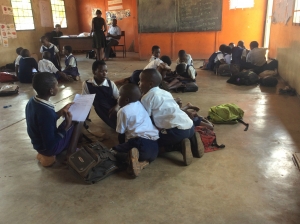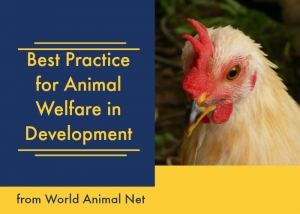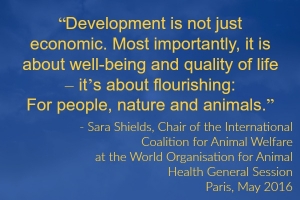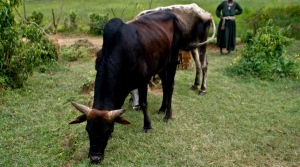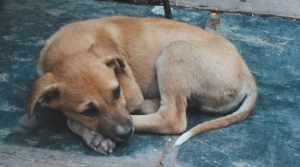- Home
- Directory
-
Our Programs
-
Strategic Advocacy Course
- Collaborations
- Humane Education
- International Policy
-
Model Animal Welfare Act
- Get the Book!
- Contents
- Part 1: Guiding Principles - A Broad Overview
- Part 2: Proposal for the Wording of a New Animal Welfare Act
-
Part 3: Explanatory Notes
- Notes to Chapter 1: Preliminary Provisions
- Notes to Chapter 2: General Provisions
- Notes to Chapter 3: Keeping of Animals/Care of Animals
- Notes to Chapter 4: Specific Categories of Animal Use
- Notes to Chapter 5: Implementation and Enforcement Provisions
- Notes to Chapter 6: Penal and Final/Concluding Provisions
- Constitution Project
-
Strategic Advocacy Course
-
Resources
- Events
- About Us
- Blog
Displaying items by tag: Development
Humane Education: the Building Block for a Kinder Future
In this blog, I am delighted to introduce my personal favourite from amongst World Animal Net (WAN)’s projects! This is a Humane Education (HE) pilot project which we are carrying out in Malawi over the 2016-2017 school year, with a wide-ranging and thorough professional evaluation guided by international and Malawian experts. We are already seeing great results from this project, and look forward to the final report in mid 2017. In the meantime, we wanted to share with you this update, which was prepared for our Malawian partners - as this gives more background on the project and its progress.
New! Best Practice in Animal Welfare
WAN is pleased to announce a new resource on our website! This is “Best Practice for Animal Welfare Development and Implementation", which pulls together some of the Best Practice (or more accurately “Best Available Practice”!) on animal welfare in order to help a wide range of stakeholders to incorporate animal welfare in their work.
Watch this Space: Notes on Animal Welfare and the World Organisation for Animal Health (OIE) 2016 General Session
At the end of May I attended the OIE’s 2016 General Session on behalf of WAN, which was one of a number of international animal protection organisations representing the International Coalition for Animal Welfare (ICFAW).
Livestock and Development
The first time I became aware of the many ways in which the development of industrial animal agriculture was harming humans, animals and the environment in ‘developing’ countries was back in 1999-2000, when I worked with fellow researchers Sari Varpama and WAN’s Wim de Kok on a major project for Compassion in World Farming (CIWF), funded by the International Fund for Animal Welfare (IFAW). This culminated in a set of research reports entitled “The Livestock Revolution: Development or Destruction”, which included in-depth research into the detrimental impacts of industrial livestock development in ‘developing’ countries and findings from in-country investigations in Brazil, Thailand, India, South Africa and China.
Animal Welfare & Development
I find it unconscionable that animal welfare and human-animal relationships have not yet been mainstreamed in development policy and international development work. This despite the fact that there is a myriad of reasons why no country’s development should take place without giving full consideration to the situation and welfare needs of the sentient fellow animals sharing our territory, our homes, our work, our livelihoods, our leisure, and often our lives.

